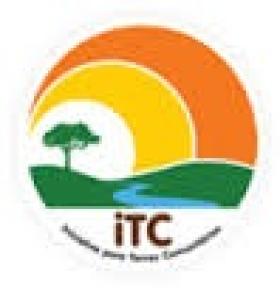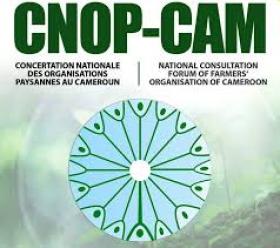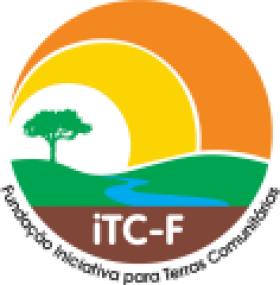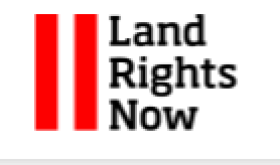Povo Ka’apor enfrenta madeireiros, Funai e criminalizações em defesa da TI Alto Turiaçu
Por Renato Santana, da Assessoria de Comunicação – Cimi
Por Nzira Deus
When Talabitti’s husband died in 2016, her claim to the family land seemed to die with him. Though her husband had worked the family land by himself, upon his death his male cousins laid their claim. If Talabitti attempted to make a competing claim, they threatened to drive her away – with violence, if necessary. Sadly, this threat materialized.
By Tim Hanstad, Co-Founder & Senior Advisor, Landesa
This is the second blog in a series of two that are based on a keynote address made at the 2018 India Land Development Conference.
Les pays du Sud connaissent des processus forts d’exclusion foncière et d’exposition à des risques environnementaux, souvent liés à des logiques extractivistes particulièrement brutales. Face à ces situations, on observe une mobilisation croissante des concepts de justice socio-spatiale et environnementale dans les travaux de recherche visant à les décrire et à analyser les différentes formes de résistance ou de contestation qu’elles suscitent. Mais ces concepts reposent implicitement ou explicitement sur des théories de l’État et de la citoyenneté supposées universelles. Le colloque a pour objectif de confronter ces concepts aux relations sociales spécifiques entre l’Etat et les citoyens, dans différents contextes du Sud global.
Evento: XV Encontro Nacional de Pós-Graduação e Pesquisa em Geografia
Lema/Tema: "Geografias da esperança: revisitar o Brasil, dialogar com o mundo"
Data: De 9 a 13 de outubro de 2023
Local: Palmas, Tocantins - Brasil (Virtual)
Modalidade de participação e prazos: Envio de proposta de grupo de trabalho de 13 de fevereiro a 3 de março de 2023, segundo normas disponíveis aqui! Informações para envio de trabalho em breve
Maiores informações clique aqui!
The new book Migration and Women’s Land Tenure Security in the Greater Mekong Sub-region draws on country-level and ethnographic research, based on a collaboration between FAO and Chiang Mai University.
This report provides information on due diligence and effective conflict management through consultation in the context of community land conflicts. It identifies some key steps to follow to integrate community land conflict into enhanced project risk assessments.
This paper analyzes whether national laws acknowledge indigenous peoples and other rural communities in 100 countries as owners of waters that arise within their lands. Results derive from information collected by LandMark to score the legal status of community land tenure. Findings are positive; half of all countries recognize communities as lawful possessors of water on their lands. Three quarters permit communities to manage the distribution and use of water on their lands.
Legally recognized and secure land and resource rights are fundamental to the advancement of global peace, prosperity, and sustainability. From the development of human cultures to the realization of democracy itself, tenure security underpins the very fabric of human society and our relationship to the natural environment. Today, insecure tenure rights threaten the livelihoods and wellbeing of a third of the world’s population, and with it, the very future of our planet.










